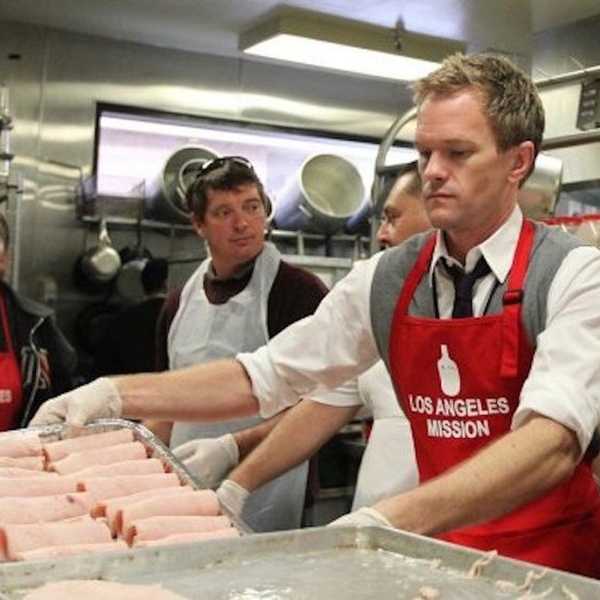Local food movements are popping up across the country, and they are unified behind the cry of "Eat Local!" The approaches vary, but at their core, local food campaigns are designed around selective patronage - targeted shopping trends designed to drive market shifts. Eat Local is a movement based around the concept of voting with your dollar to bring about economic change. Unfortunately, these actions can ultimately work against social justice movements and often increase marginalization of particular communities. The intense focus on local - and the ambiguity that often comes with this term - can also have a blinding effect on the social implications of selective patronage movements. To combat these blinders, Eat Local movements must broaden their focus to embrace the social justice aspects of food movements. This broadening will help to alleviate stigmas and will very likely create universal accessibility to local foods.
Historically, the Eat Local movement - and the many selective patronage campaigns that have come before it - has pushed the importance of economic incentives. They are centered on the belief that if we simply buy more local food, then the markets will provide for more local food to be readily available. While certainly a noble ideal, this approach overlooks the reality of food access and steamrolls the interests and experiences of low-income and minority communities. It prioritizes economic viability and environmental sustainability without acknowledging the importance of an intersectional approach to food access. The gap is further widened by advocates who focus on educating people on the sources of food and pushing for local food systems without concern for the inherent privilege in the ability to “vote with your dollar.” At its core, the Eat Local movement overlooks issues of accessibility and social equity. This oversight has created the well-known stigma of local and organic foods as niche products which cater almost exclusively to wealthy white consumers. This is reinforced further by the conspicuous consumption culture around boutique green groceries like Earth Fare or Whole Foods. These factors combine in the whitewashing of ‘natural’ foods which has embedded itself in the local food movement and influences the well-intentioned yet often-problematic programs that come out of it.
Community gardens are an increasingly popular solution to food insecurity in low-income and minority communities, but time after time, the programs fail to sustain themselves due to an overwhelming lack of focus. The typical approach to community gardens takes on the mission of the White Savior. This imperialistic model of volunteerism has people from outside of the community arrive and take over: We know what you need better than you ever could. These programs are then destined to fail because they focus on the volunteers rather than the community itself. Participation is then understandably below the threshold of viability because there is no community ownership of the gardens. Even worse, the reasons behind these failures are often misunderstood. Post-mortems will point to low turnout and diagnose the cause of death as low interest, ignoring the reality that garden projects like this are bound to fail because they further marginalize the communities they are meant to serve.
This issue of focus bleeds into other Buy Local Food campaigns. Farmers markets and CSAs focus on areas of relative affluence - predominantly due to market incentives - yet advocates maintain a strict focus on the food rather than the inherent structural inequalities that disrupt distribution. In order to effectively reverse these norms, which reflect a purely capitalistic mentality, the local food movement needs to acknowledge that it is structured around resources of white privilege. It must then decide to take a step back to allow communities to grow their own food movements and design their own solutions. Listening sessions and capacity-building programs are considerably more effective in bringing about lasting changes to local food systems. These campaigns shift the focus away from the symptoms and back to the source of the problems. By building agency, providing resources, and allowing for community-lead changes, local food movements can be vastly more successful. More importantly, they can act as agents for broader social change. Providing disadvantaged and disenfranchised communities with the tools to actualize their own change is vastly more important than foisting programs upon a population which, simply put, may not be a genuine priority to the participants of these programs. These communities face institutional racism, police brutality, criminalization of poverty, and a litany of other social dilemmas. In acknowledging these realities, a successful local food movement will not limit the scope and applicability of their assistance programs to food alone.
While programs that work to increase awareness or manipulate costs might be effective in temporarily increasing food access, they create complex issues rooted in social blindness. White activists may be effective in establishing sources of local food in underserved communities, but these are inadequate solutions to the institutional barriers that drive our food injustice crisis. In order to fully sell the movement to all consumers, advocates and educators for Eat Local must accept the realities of the food justice movement and remember to listen, watch, and even keep a physical distance from particular communities. These communities must be given the agency to generate change themselves. In doing so, the movement can be grown locally, organically, and sustainably.




















